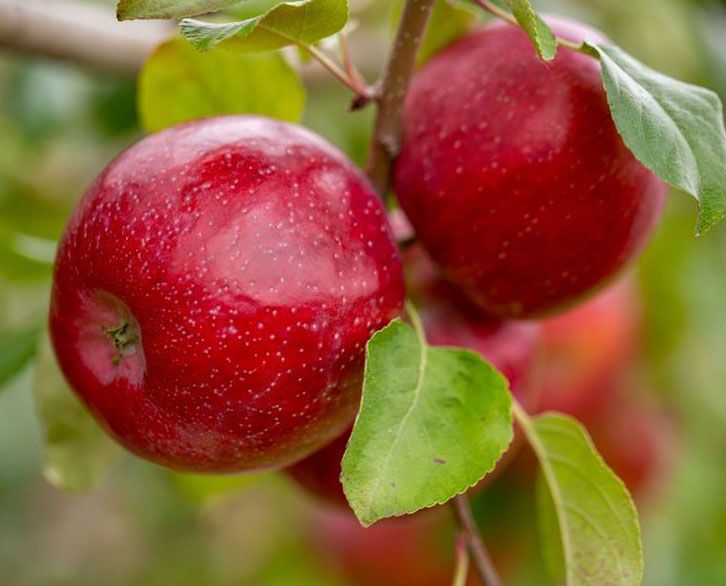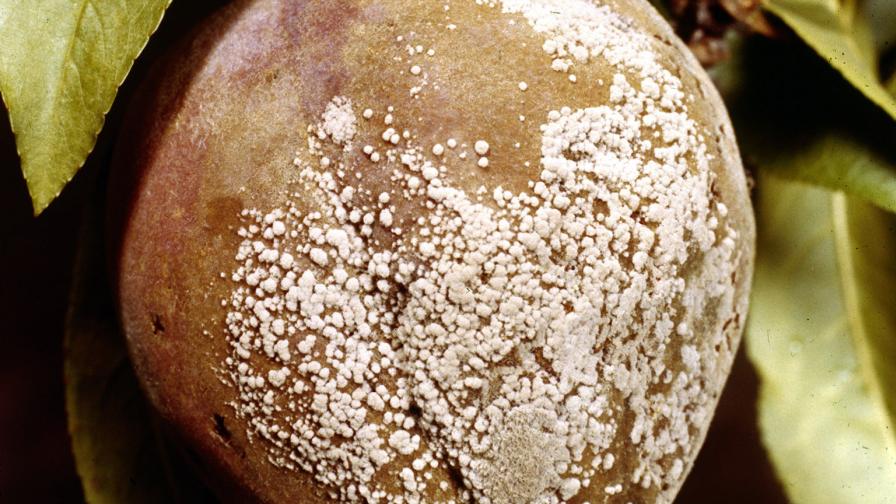How To Start A Young Grower Association
You have recently returned to your family’s business. You have friends and family you can tap for their knowledge and experience, but how connected are you to your peers in the fruit and vegetable industry?
That’s the challenge you face as the next generation of specialty crop growers.
“I knew someday I might want to come back to the orcahrd business and I knew all the growers from my parents’ generation, but I didn’t really know who the growers might be in my generation — their children,” says Sidney Kuhn, owner of Kuhn Orchards in Cashtown, PA This is where a young grower group fits in. If you’re lucky enough to live in an area with a young grower group established, it’s easy to link up and meet your peers.
“By nature, crop growing can feel isolated at times, this just gives us more structure in meeting up,” says Phil Glaize, of Glaize Apples in Winchester, VA.
But what if you live in an area where there isn’t such a group? How do you start one? How do you find other young growers in your state?
I talked with grower members of Pennsylvania’s Young Grower Alliance (YGA) (Extension.PSU.edu/Plants/Tree-Fruit/YGA) and the newly founded Young Grower Alliance of Virginia (Facebook.com/VirginiaYGA) for some tips on how to get a group started.
It’s Going To Take Some Work — Although most groups start organically, and Pennsylvania and Virginia’s YGAs are no different, there was some leg work required to organize the first outings and events. Pennsylvania started with a tour to the USDA Appalachian Fruit Research Laboratory in Kearneysville, WV. At the Young Grower Alliance of Virginia’s first meeting — yep, they’ve only had one — a screening of a farm-related documentary was shown and a mentor-grower introduced the film. Both events took phone calls and planning to pull together.
Get Help From Extension — Seek out someone within Extension that can help with the organization and knows the area to help mine for future members.
“The first thing to do is engage someone you consider a mentor from your extension office,” Glaize says.
Have A Coordinator — Someone needs to monitor email lists, set up tours, and keep communications going, Erin Dugan, coordinator of Pennsylvania’s YGA says.
Keep It Low Key — You need to allow the group to take the form the majority wants. Don’t ask too much too soon.
“Keeping expectations simple and realizing that everyone will have different availability is key,” Dugan says. “If you keep it easy to join in on an activity or tour, the more likely growers will be able to attend.”
“We were having a discussion about just how much time it can take out of your day, just to come to one of our low-key meetings. We wanted to make sure it wasn’t time-prohibitive, especially for farmers,” says Ashley Thompson, a Virginia Tech doctoral student in the horticulture program who helped co-found the Virginia group.
“A lot of young growers might be worried about taking time from the farm because they feel like mom and dad expect them to be on the farm and working. But a lot of time, it’s the parents that see the benefit maybe more than the children,” Kuhn says. “I’ve seen a lot of parents tell their children, ‘No you’re going on this tour, I think it will be beneficial for you.’”
Get The Word Out — Set up a Facebook group that’s easy to find, create a flyer or business card with contact information, and use industry events such as field tours or conferences to distribute information about your group. The YGA of Virginia has business cards with its mission statement, Facebook page, and Twitter account.
“We opted for that instead of a flier because we feel like people held on to those a little bit better and were more likely to respond and follow up with an email,” Glaize says.
Have A Realistic Plan For Funding — It’s unlikely that you’ll have a lot of funding support in the beginning; your group will likely be volunteer and donation driven. Make sure you try to keep your expenses at a minimum. Pennsylvania’s YGA grew out of a partnership between the State Horticultural Association of Pennsylvania (SHAP) and Penn State Extension. SHAP offers grants for YGA programs.
Allow Time For Networking — Grower tours are popular with young grower groups because lunch and the ride to and from the tour make for excellent networking opportunities. The more diverse the group, the better.
Dugan says it’s not hard to represent different specialty crop markets. It is, in fact, a key part of the YGA experience. Kuhn says diversification, new production techniques, talking about the transition within the orchard, and learning about new markets has been a highlight of being involved in YGA.
“[One important thing was] meeting the people who are my business contacts now — I call Jen Baugher at Adams County Nursery now, not Phil or John, or that older generation. Meeting my peer group of business people in the same industry is wonderful,” Kuhn says. “Definitely seeing there is a future to the industry makes you more interested in taking on a job in horticulture.”
“Those connections that you make within those meetings provide you an opportunity to call someone to talk about a problem you have on your farm, call someone you feel comfortable talking to that’s your age and can understand and relate also,” Greta Brumback Liskey of Woodbine Farms, Inc., in Winchester, VA, says.
Remember Why You’re Doing This — Just as Liskey mentioned all the connections you can make in a young grower group, it’s a great way to prepare yourself for future involvement in the industry.
“One of the goals is to get us involved in becoming active members of the industry,” Glaize says. “As we mature through it, there are going to be opportunities to join boards, and be on committees. This is just an easy way to get our feet wet.”










